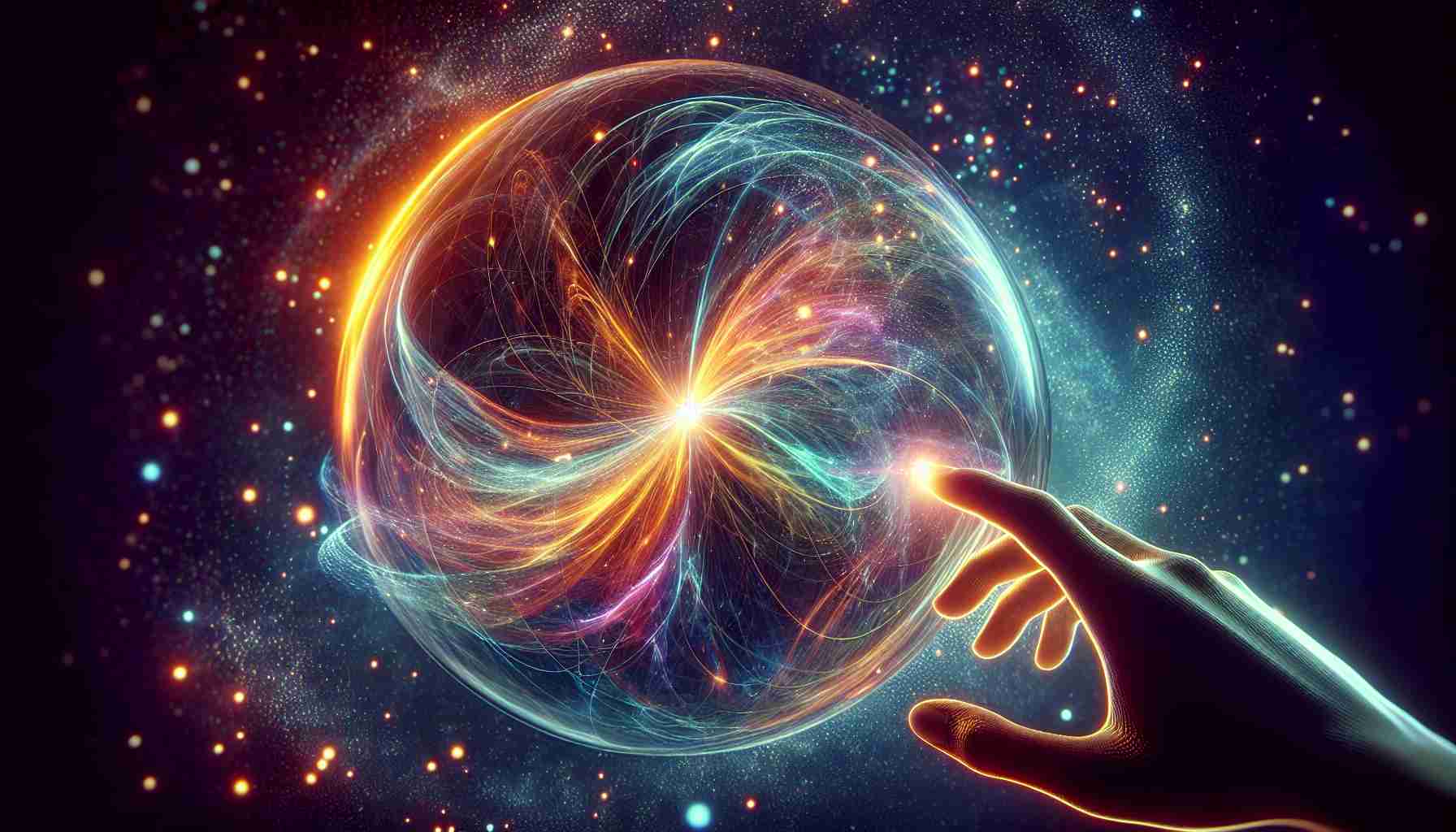As conventional energy sources continue to deplete and harm the environment, scientists have been diligently searching for alternative ways to meet our growing energy needs. From solar to wind, geothermal to nuclear fusion, several avenues have been explored, but with limited success. However, an unconventional solution may lie in the enigmatic world of quantum physics.
Quantum theory, established over a century ago, continues to be a topic of discussion and debate within the physics community. The quantum realm challenges our intuition and defies conventional logic. While it remains an incomplete theory, recent research suggests that harnessing the quantum nature of matter could hold the key to revolutionizing energy generation.
One area of exploration is quantum batteries. Unlike traditional chemical batteries, quantum batteries utilize individual particles like photons to store energy. A breakthrough by a team of scientists from the University of Tokyo and the Beijing Computational Research Centre has demonstrated a practical path to making quantum batteries a reality. They leveraged a phenomenon known as “Indefinite Causal Order,” which allows events to occur simultaneously via the principle of superposition. This unexpected discovery revealed that lower-power chargers could provide higher energy with greater efficiency compared to higher-power chargers.
Another promising avenue is quantum engines. Researchers at the University of Kaiserslautern in Germany have made significant strides in this area. Instead of relying on the Carnot cycle like conventional engines, quantum engines utilize the energy differences between two types of quantum particles: bosons and fermions. By manipulating the energy states of these particles, it becomes possible to convert their energy differences into mechanical work.
The implications of these breakthroughs extend beyond portable devices. Quantum batteries, with their enhanced efficiency, could revolutionize solar energy capture and mitigate thermal losses in solar panels. Quantum engines, on the other hand, show potential for powering not only quantum computers and sensors but also larger systems in the future.
The quest for alternative energy continues, and the realm of quantum physics offers fresh hope. By tapping into the unconventional properties of quantum matter, scientists are uncovering new possibilities for energy generation. While there is still much research to be done, these advancements bring us one step closer to a sustainable and efficient energy future.
FAQ:
1. What is the article about?
The article discusses how scientists are exploring the potential of quantum physics to find alternative ways of generating energy.
2. What are quantum batteries?
Quantum batteries are different from traditional chemical batteries as they use individual particles like photons to store energy.
3. What recent breakthrough has been made in the field of quantum batteries?
A team of scientists from the University of Tokyo and the Beijing Computational Research Centre has discovered that lower-power chargers can provide higher energy with greater efficiency compared to higher-power chargers, using a phenomenon called “Indefinite Causal Order.”
4. What are quantum engines?
Quantum engines are a new type of engine that utilizes the energy differences between two types of quantum particles – bosons and fermions – to convert their energy differences into mechanical work.
5. How do quantum batteries and engines connect to energy generation?
Quantum batteries could enhance solar energy capture and reduce thermal losses in solar panels, while quantum engines have the potential to power quantum computers, sensors, and larger systems in the future.
Definitions:
– Quantum theory: A theory in physics that describes the behavior of particles at the atomic and subatomic level using the principles of quantum mechanics.
– Superposition: A quantum mechanical principle where a particle can exist in multiple states simultaneously.
– Carnot cycle: A thermodynamic cycle that describes the maximum efficiency that can be obtained from a heat engine operating between two temperature reservoirs.
– Bosons: Quantum particles that have integer spins and obey Bose-Einstein statistics.
– Fermions: Quantum particles that have half-integer spins and obey Fermi-Dirac statistics.
Suggested Related Links:
– Nature – Alternative Energy
– ScienceDirect – Quantum Batteries
– Nature Scientific Reports – Quantum Engines
The source of the article is from the blog zaman.co.at

